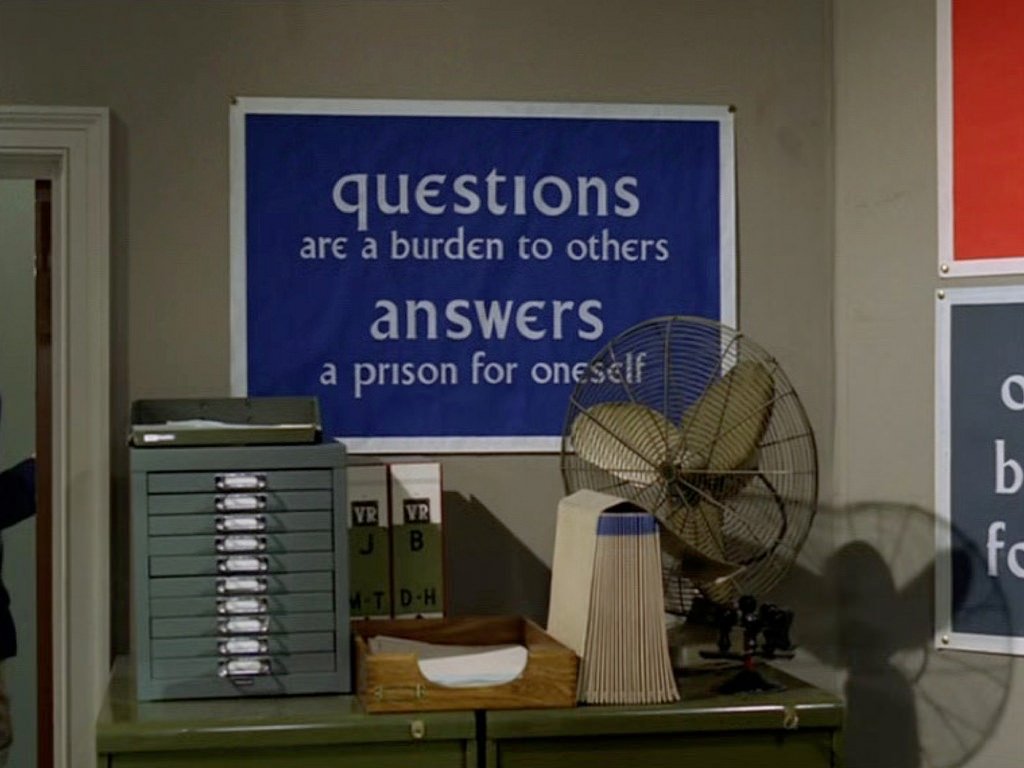This tweetstorm has background reading.
fieldnotes.resistant.tech/defensive-dece…
The Protocol, The Politics and The Practical.
fieldnotes.resistant.tech/federation-is-…
There are lots of great looking protocols, with dubious assumptions.
Now be careful, coercion doesn't mean force, it means negative incentives to align with an authority.
Something I've discussed before:
Ricochet is therefore decentralized at the Protocol, the Political, and the Practical.
The nature of sybil resistance in blockchains dictates how centralization emerges.
If PoS is used, there is an inherent pressure toward centralization of distribution (or delegated trust points)
See: email (gmail), ntp (google, canonical) etc.
However, it is nevertheless something that has to be designed against.
Too many systems distribute work load at the protocol layer, but maintain power at the political or practical layer. Those systems are not decentralized. And many can never be.
We should ensue those trade offs don' have unintended consequences.




